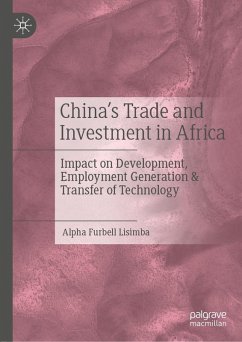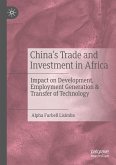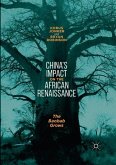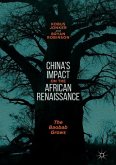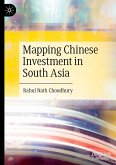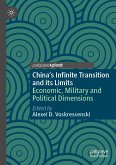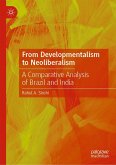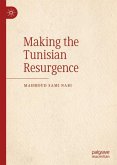The core argument of this book is that China poses both challenges and creates opportunities for Africa, and that the transformative potentials of China-Africa engagements can be compared to Africa's experiences with European colonialism. However, it would be patently misleading to claim any equivalence between African experiences of European colonialism with Africa's engagements with China. Although, China does not replicate the exact colonial model, its actions have all elements of dependent relations, thus underpinning neo-colonialism with Chinese characteristics. Analysing China's growing economic relations with Africa, this book posits that, Africa's underdevelopment situation with China does not indicate a significant point of departure from the colonial model of development because China's actions in Africa, although not exactly colonial, have all possibilities of Neocolonialist model with Chinese characteristics. As such the author argues that China's increasing trade, FDI inflow and influence on the economic growth and development in Africa will result in a long-term negative impact in development outcomes and capacity building, governance practice, democratic transition and human rights for future self-reliance and sustainable development.
Bitte wählen Sie Ihr Anliegen aus.
Rechnungen
Retourenschein anfordern
Bestellstatus
Storno

